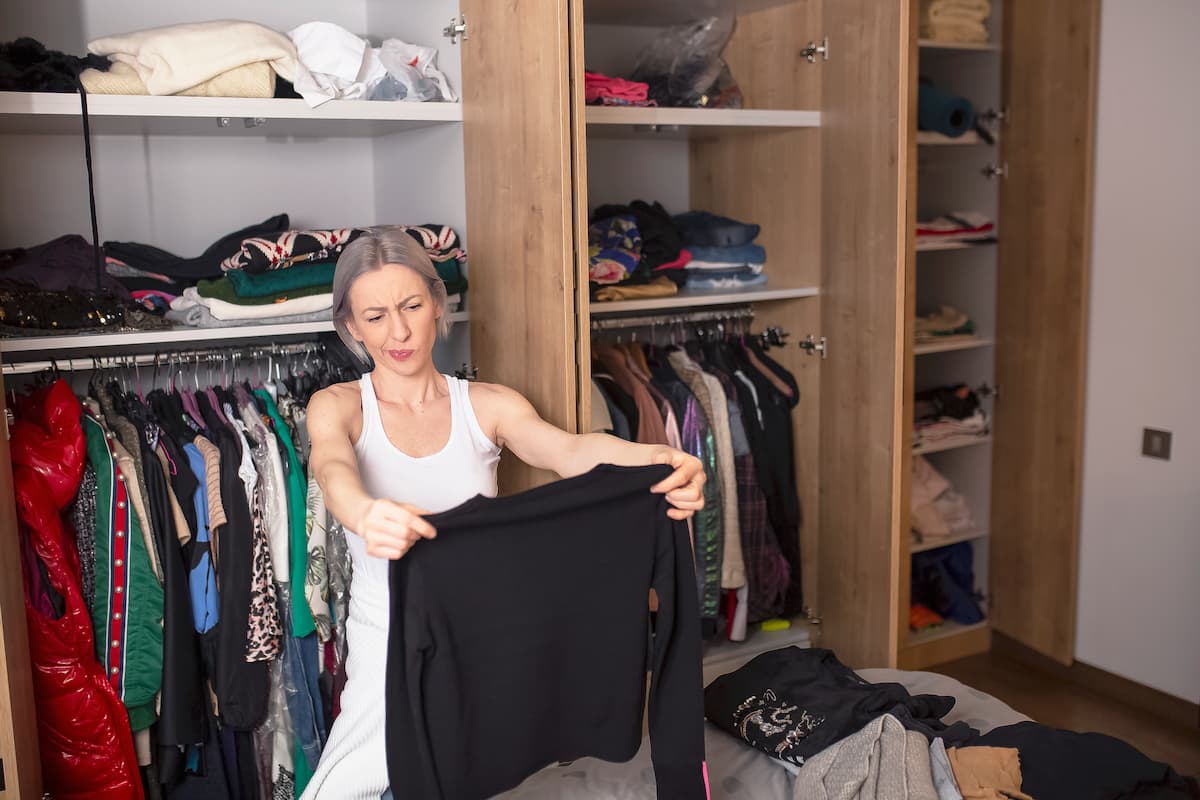Is less really more? Minimalists think so. For people who chose a minimalist lifestyle, fewer possessions and lower spending are the key to a more meaningful life.
Some say it’s nice to choose a way of life that doesn’t require keeping up with the Joneses. But what does that mean for average Joes and Janes?
What Is Minimalism?
Minimalism is a lifestyle based on minimizing your footprint on the world through only owning things that have intention and purpose. It’s about owning fewer things, spending less and, most importantly, changing your mindset when it comes to possessions and buying.
But don’t think minimalism means taking a vow of poverty. It’s more about thinking carefully about how you consume. Minimalists buy and use what they need, focusing on thinking carefully and consciously about how they use resources and manage their possessions.
Ultimately, minimalism is about creating personal freedom. Instead of being controlled by what you think you have to buy, you take control of your consumer choices through things like:
- Limiting the items you own; for example, only having five pairs of shoes instead of 20.
- Choosing a smaller living space that holds less furniture and has less storage.
- Investing in things that are reusable and repairable.
- Borrowing big items like tools and equipment; rather than buying them, keeping them in storage, and only using them once or twice a year.
- Buying a few high-quality items instead of many middle range ones.
- Storing all your books, movies and photos electronically.
- Limiting your decor choices to one or two materials or colors to maintain a clean look and resist overbuying home goods.
How to Get Started on a Minimalism Journey
Minimalism doesn’t require an instant lifestyle overhaul. Taking small steps into a minimalist life can make it manageable.
The best place to start is with your money. Minimalism isn’t all about the money, but it does start with changing the way you think about spending. Look at your finances, and think carefully about how and why you buy.
The next step is to begin cutting unnecessary purchases. If you don’t need it, don’t buy it! If you do need it, opt for a high-quality version that will last a long time. If you’re not sure, review it and come back to it later once you make a meaningful decision.
One of the quickest ways to get started is by reworking two common areas of overconsumption: entertainment and fashion.
Digitize your movies, photos and music to declutter your shelf space and give your home a freer, more open feel quickly. You can’t digitize your clothing, but you can go through your closet and choose to own only what’s necessary. Do you really need 20 pairs of jeans? Or will one or two work just fine? As a bonus, you can donate the items you clear out to someone in need or sell them to earn a little extra cash.
How Minimalism Can Save You Money
Buying less naturally leads to saving more. Minimalism can definitely help you save, but it might not always be in the ways you’d expect.
When you first start your minimalism journey, you might be tempted to overspend without realizing it. Buying higher-quality, reusable things to replace lots of smaller items is an investment, and many new minimalists stumble into sticker shock.
To avoid this, think about your spending in terms of things you absolutely must have and things that are negotiable. When you’re buying those long-term, reusable items that will last forever and keep you from filling your shopping cart every month, be sure it’s something from your must-have list.
This also applies in other ways. Overall, minimalism is an investment in lifestyle quality, rather than consumeristic quantity.
For example, a minimalist approach to food shopping isn’t about buying the cheapest food. It’s about buying the right food, the food that maximizes your quality of life and health without also breaking the bank or taking up too much space in your kitchen cabinet. For some people, that’s beans and rice three times a week. For others, that means making a yearly investment in a CSA (Community Supported Agriculture) that delivers fresh produce, and making a commitment to cook fresh food at home. Some options seem pricy up front but save money in the long run.
Will Minimalism Benefit You?
In our busy, distracting world, intentions are very valuable. Minimalism focuses on connecting your spending and lifestyle to your intentions, creating a meaningful, chosen connection between what you buy and how you live.
It’s not for everyone, but for many people it’s a way to save money, spend ethically and get more enjoyment out of life.
Disclaimer:
Quontic Bank cannot and does not guarantee the information applicability or accuracy regarding your individual circumstances. This is not financial advice, nor should it constitute or be construed as instruction for any individual reader, or group of readers, to act or make a decision in any financial capacity. Seeking independent, professional consultation from a qualified and licensed expert is always the optimum avenue in making financial decisions.





